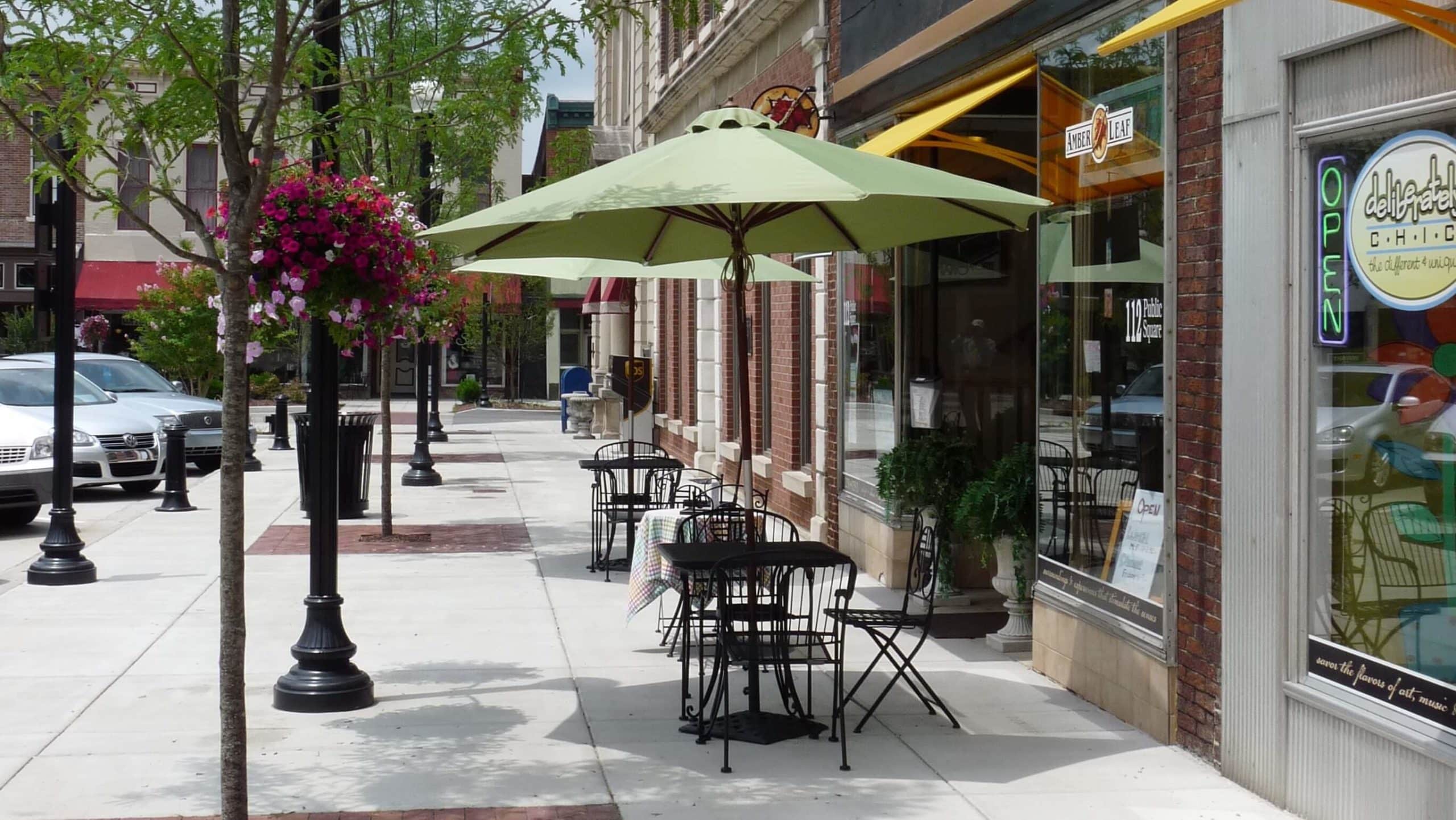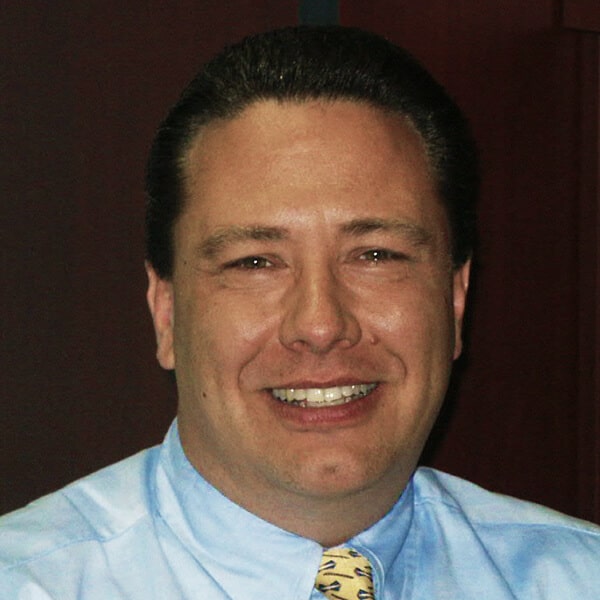- August 5, 2020
- COVID-19, In the Media, Perspectives
Can PARK(ing) Day Play a Role in Combating COVID-19?


Brian Bartholomew, CAPP
Parking Planner

Michael Connor
Parking Planner

Brian Bartholomew, CAPP
Parking Planner

Michael
Connor
Parking Planner
As shops and restaurants reopen under mandated social distancing guidelines, limiting the number of customers they can serve, they have begun expanding operations to nearby outdoor spaces to create additional capacity. Often, nearby sidewalks and curbs fall under the public right-of-way, so the process to convert them to usable, expanded space can be difficult. Downtown retail establishments and restaurants cannot afford to wait for complicated codes and ordinances to be researched, rewritten, debated in the public realm, and approved by political leaders.
In an article for IPMI’s Parking & Mobility publication, Kimley-Horn’s Michael Connor and Brian Bartholomew discuss how retailers and restaurants—especially those in urban settings—can expedite outdoor placemaking efforts by learning from processes put in place during PARK(ing) Day, an annual nationwide event where metered parking spaces are temporarily transformed into small parks for public use. As participants in the event, many communities have already gone through the public research, vetting, and pilot program process to develop approved guidelines for effective temporary installations in the public right-of-way.
Read this month’s issue of Parking & Mobility to learn how communities across the nation are using PARK(ing) Day processes to accommodate social distancing and enhance patronage to their local shops and restaurants.
About the Authors

Brian Bartholomew, CAPP
Brian has more than 30 years of experience providing parking planning, policy, technology, and operations for various types of clients, including municipal, transportation agencies, educational and healthcare institutions, and private sector clients. He has developed a wide range of planning studies that include master planning, financial feasibility and bonding, traffic impact, parking demand, management, and operational audits of municipal parking programs and product specifications and bidding assistance. He has consulted on the formation and operation of municipal parking agencies and worked on numerous high-profile private sector clients. Brian maintains extensive experience with parking access and revenue control systems (PARCS), metered parking technology, parking enforcement systems, and related back office citation collection systems. He also has developed and provided project oversight for more than 50 different clients for PARCS, parking enforcement software and hardware systems, parking operator RFPs, and parking meter systems.

Michael Connor
Michael has more than three decades of parking planning and transportation experience, operations, and management for both public and private sector. His clients include large and small municipalities, colleges and universities, hospitals and medical centers, federal government agencies, and private sector developers. He has managed large multidisciplinary consulting efforts and smaller community-based and sponsored planning initiatives. His experience as Arlington County’s parking manager equipped Michael with unique insight into the broader impact of parking in the public and private sectors—including planning, design, engineering, operations, management, finance, parking enforcement, and adjudication. With a focus on the relationship of land use activity, trip mode, walkability, and market conditions, Michael brings industry management best practices to the unique political and socioeconomic conditions that exist within an area.
